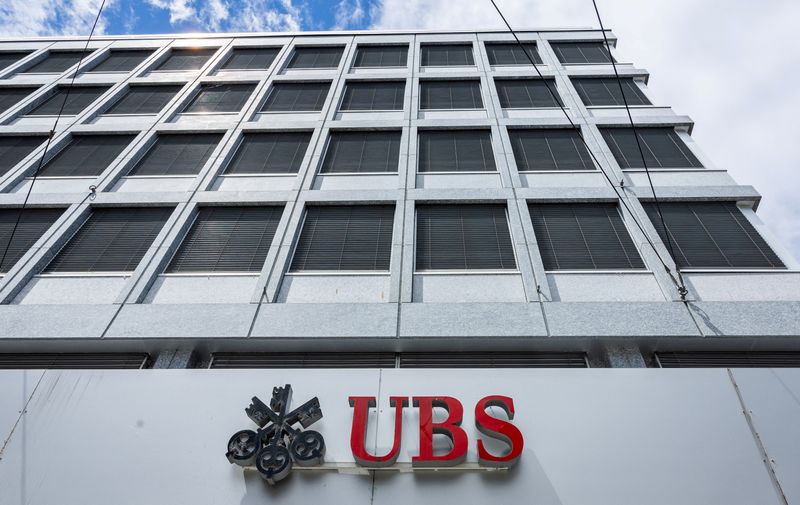ZURICH (Reuters) – A group of campaigners wants UBS to lose its exemption from U.S. regulations that allows the Swiss bank to operate in the American pension market despite breaking banking rules, Sueddeutsche Zeitung reported on Monday.
The U.S. Department of Labor is considering an application from UBS that would extend its exemption to operate in the world’s largest with $30 trillion of assets under management, the newspaper said.
Under U.S. rules, banks that have been convicted of criminal offences or punished by supervisory authorities are not allowed to manage the pension assets of American employees.
A group of activists is now lobbying the Department of Labor to end the Swiss bank’s exemption, the paper said, highlighting how UBS has paid around $20 billion in penalties for nearly 100 offences between 2000 and 2023.
UBS’s lawyers told the newspaper that the problems were caused by individual staff. The bank has submitted a 500 page application to extend the exemption, which expired in June.
“We have filed our application and are expecting a decision soon,” a bank spokesperson told Reuters.
James Henry, who has worked for Tax Justice Network – a group that campaigns against tax havens – said banks often did not feel the consequences of their actions, despite high penalties.
“Criminal transactions are desirable because they are lucrative, they generate more money than the penalties cost, and none of those responsible has to go to prison,” Henry told the newspaper.
In recent years UBS has been convicted in France of helping wealthy clients evade taxes, resulting in a 4.5 billion euro ($4.9 billion) fine, reduced on appeal to 1.8 billion euros.
UBS was also among ten banks that agreed to pay $46 million in June to settle a long running antitrust lawsuit accusing them of conspiring to rig the interest rate swap market.
It has also inherited legal cases connected to Credit Suisse, following its emergency takeover of Switzerland’s second biggest lender last year.
($1 = 0.9147 euros)

